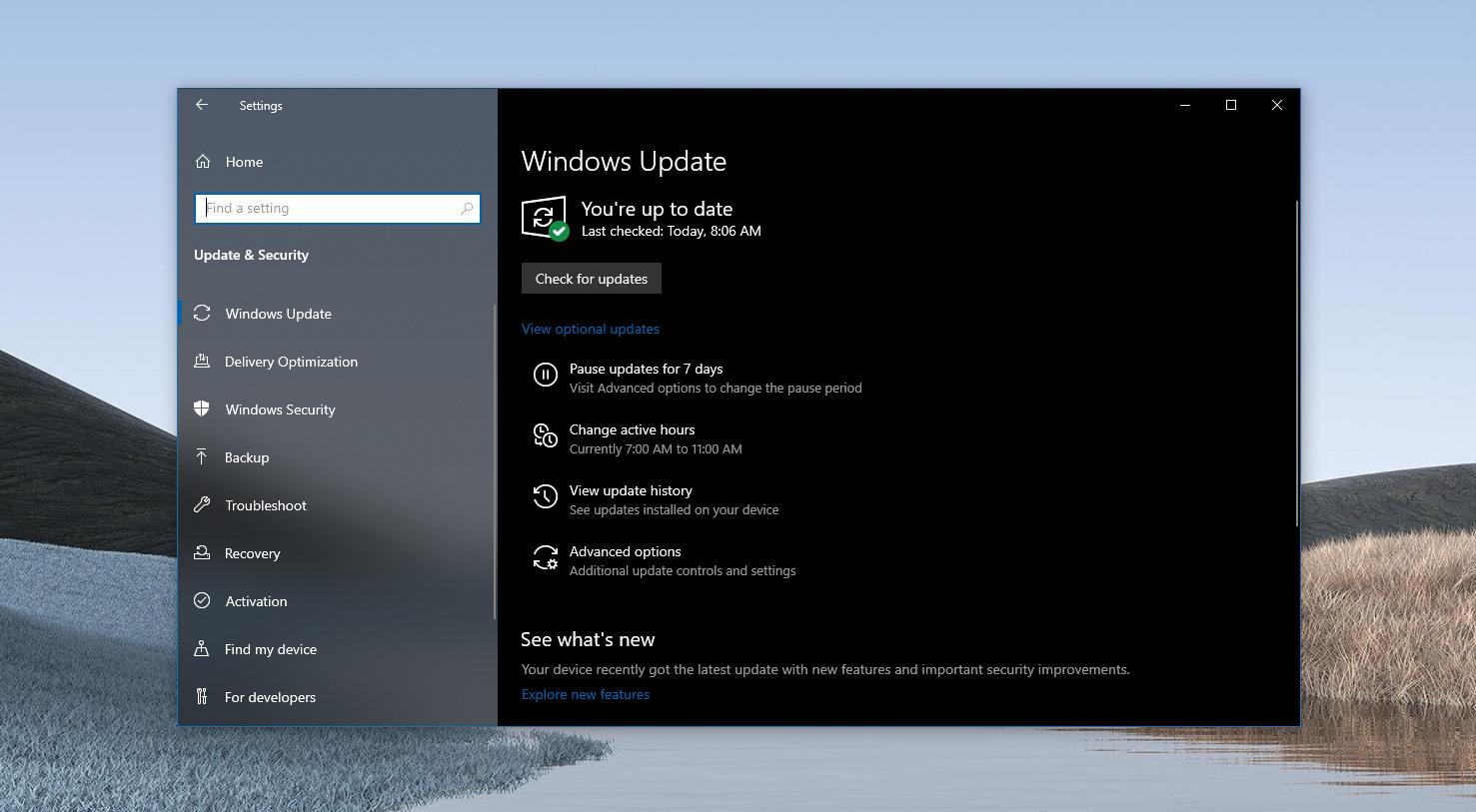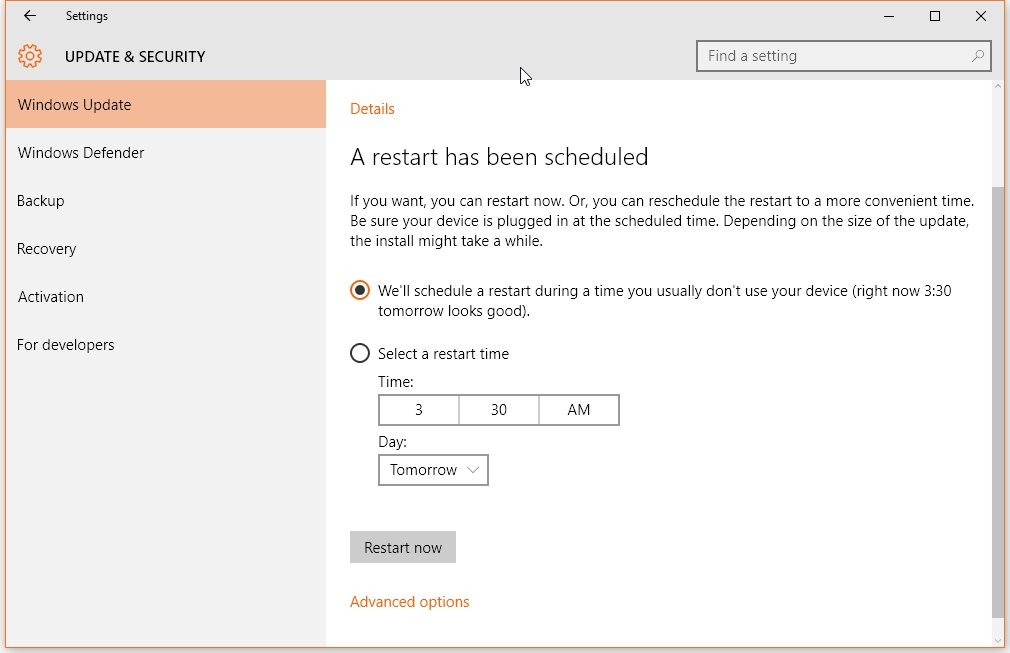

Microsoft typically uses 4 digits to determine the software’s patch level. In order to detect if a service has received a security patch or not, an external actor first needs to look up the build number in the patch itself. However, external actors can only detect the software build number, not the cumulative update number specific to each update. Īs part of their commitment to security, Microsoft regularly releases cumulative updates for their software to address security vulnerabilities. One more thing which I would like to share for the customer / partners for which Local Version of CU's are not released like India (IN) -Īs a Partner we should apply (merge) the CU's released for W1, as every localized version of NAV is the Child of W1 Version.With the recent disclosure of a chain of vulnerabilities in Microsoft’s Exchange Server resulting in unauthenticated remote code execution, this blog details how an external adversary or local sysadmin can determine if a Windows server has been patched by a specific Microsoft cumulative update, such as those released earlier today. If we keep the code base to the latest CU it reduces the cost for Upgrade also. Why its important - As with CU's Microsoft is trying to Keep Same Code Bases with All releases. It will keep the customer code base updated and the cost will be less.Ĥ. As its a CU so we can plan with customer that we will apply the Rollups (Latest Rollup) say in every 06 months. It not to be done month with respect to Cost that Customer need to pay monthly.ģ. You should not apply CU's as they are released because sometime we find some issues with CU's like we had one with CU 19 for NAV 2013 R2.Ģ.

What I Feel is that we should keep our customer to the Latest Rollup but it should not be done on monthly basis.ġ.


Dynamics Previous Versions Dynamics Previous Versions.Implementing Dynamics 365 Implementing Dynamics 365.Artificial Intelligence Artificial Intelligence.Dynamics 365 Products Dynamics 365 Products.


 0 kommentar(er)
0 kommentar(er)
